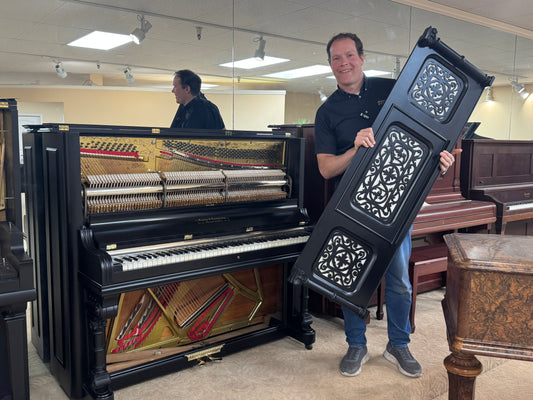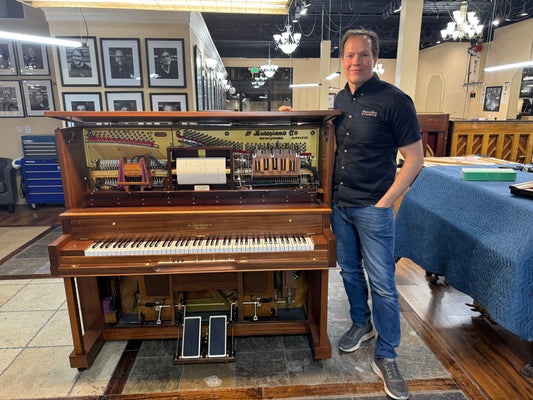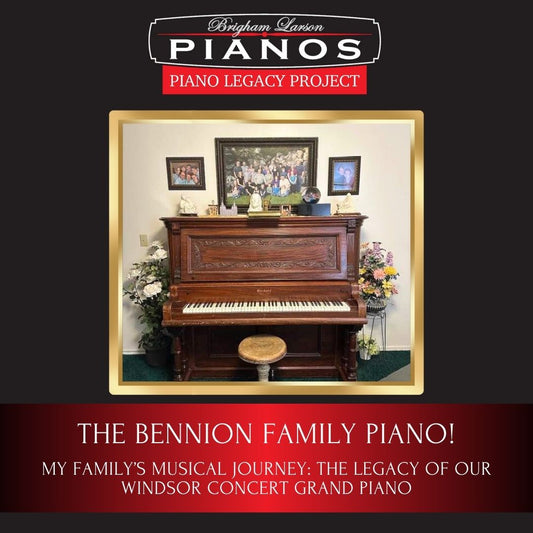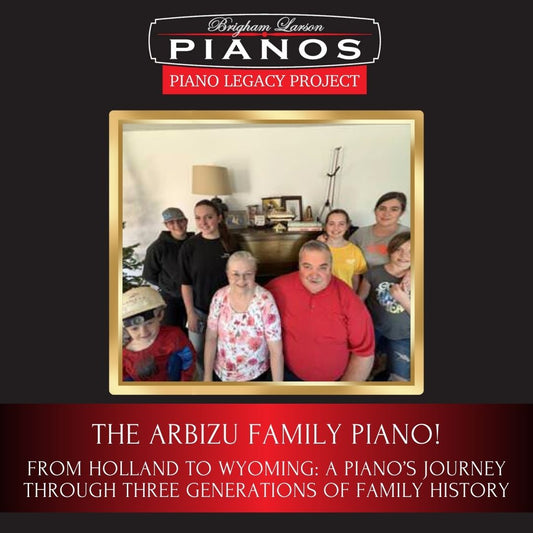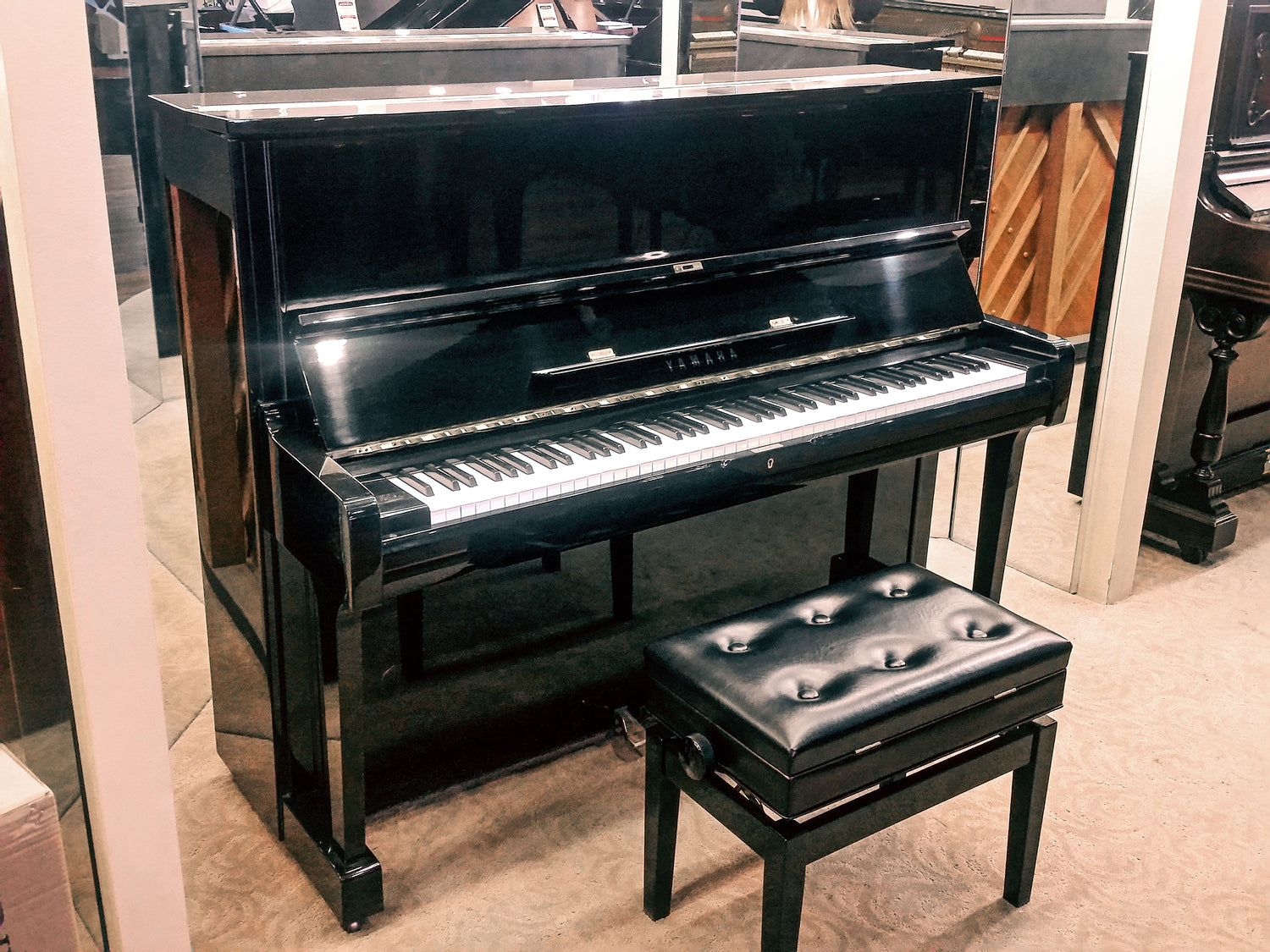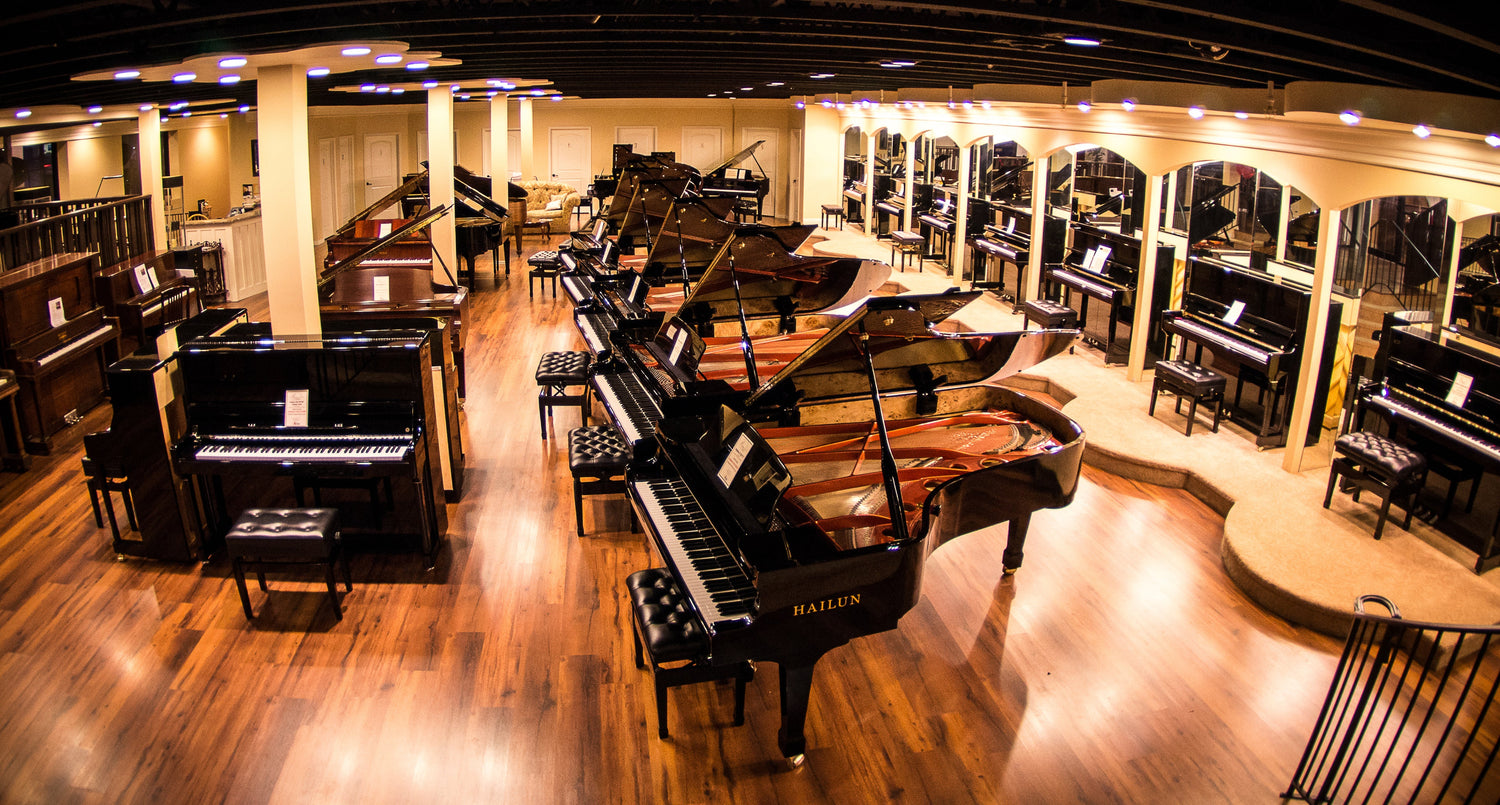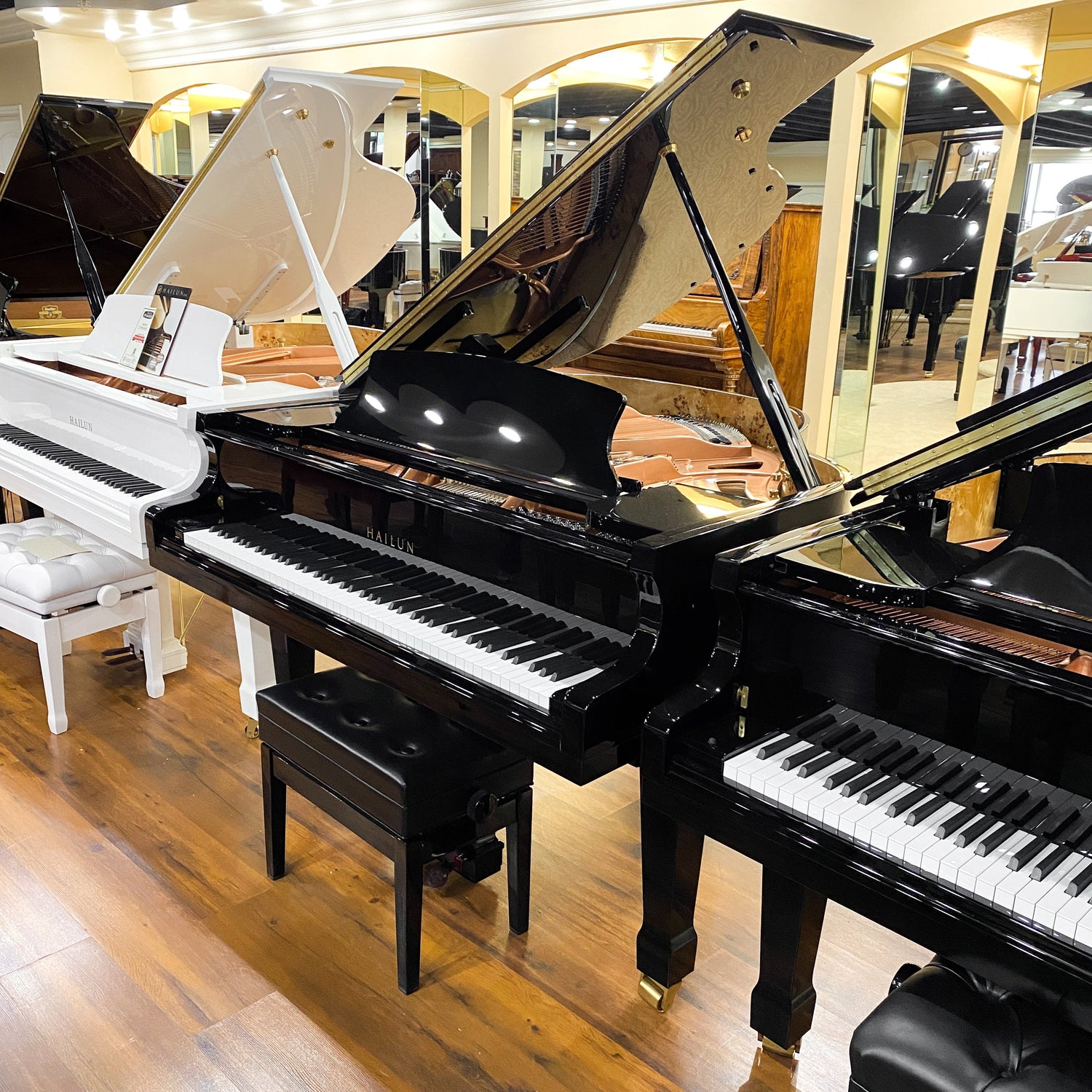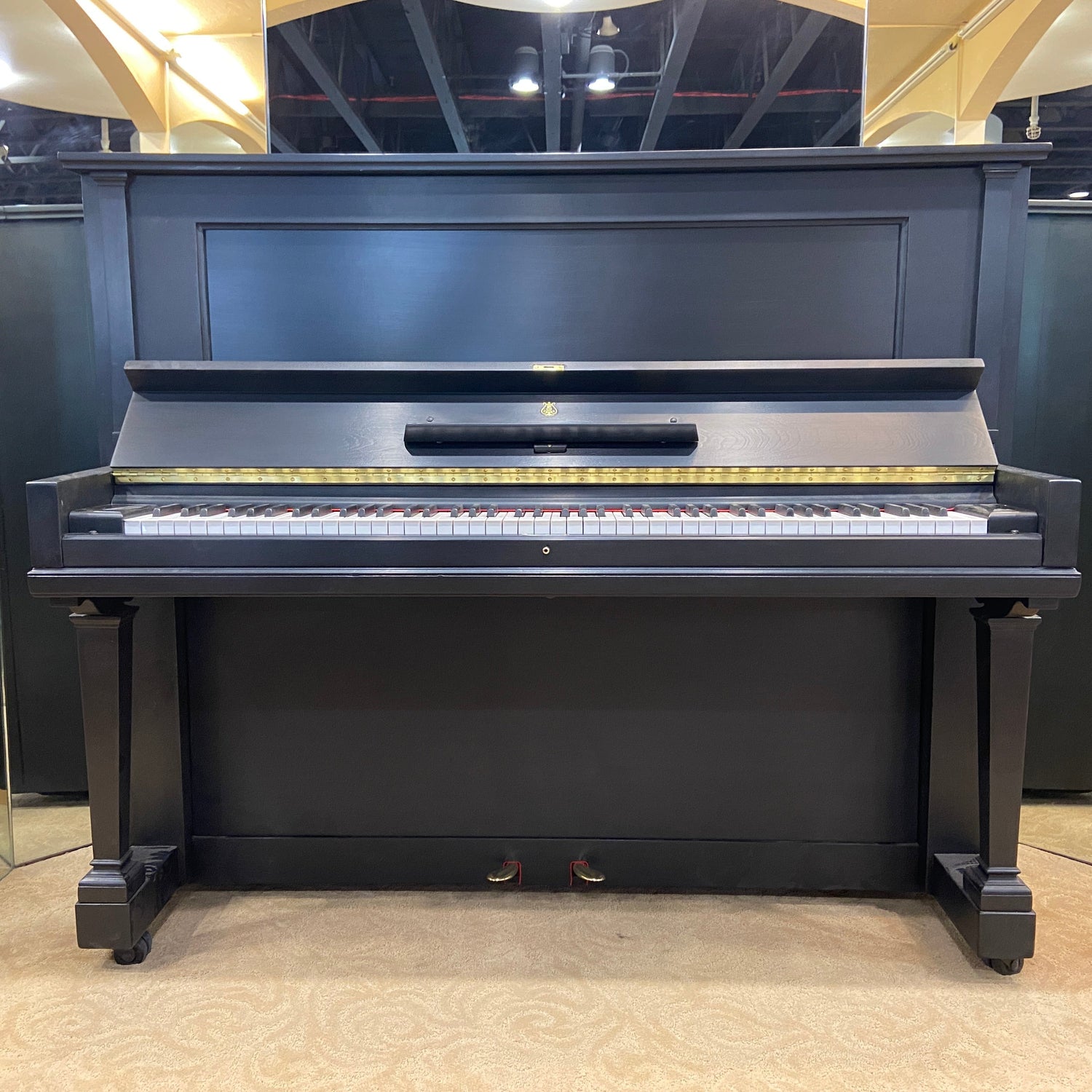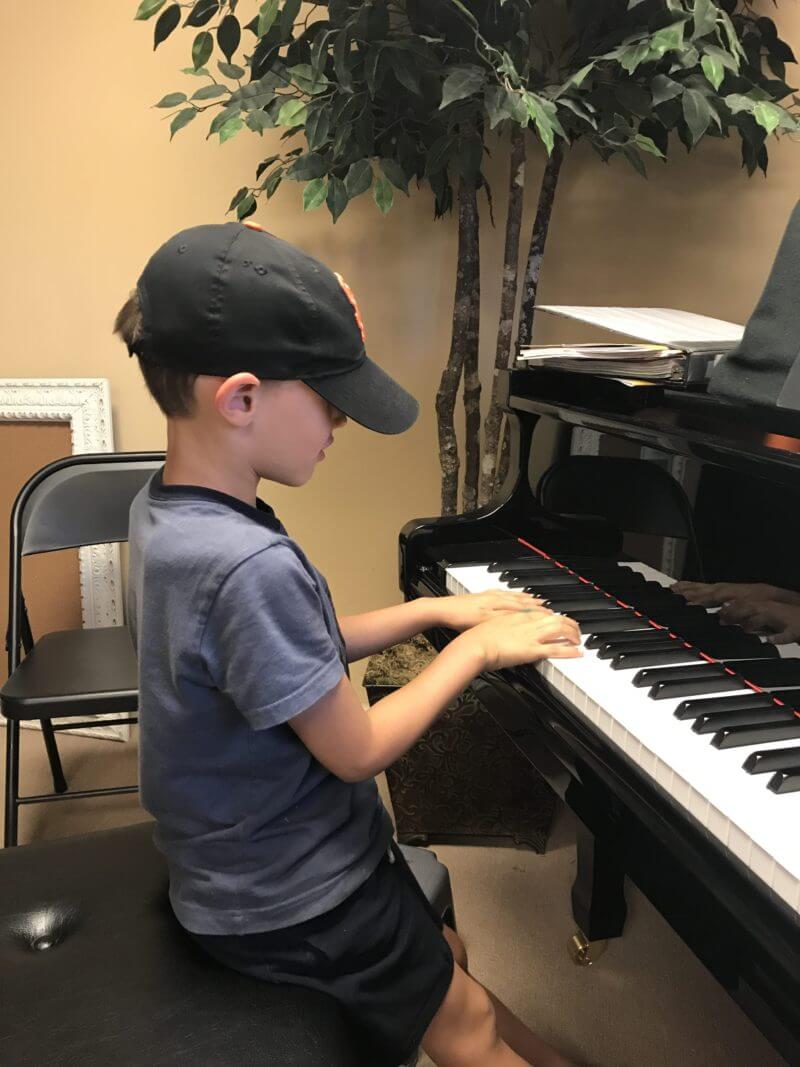
The Secret Life of Practicing Music
Karmel LarsonShare
by faculty member Camille Strahl
When I was a teenager, I went to a workshop on effective practice. They told me that practicing music did not have to be something I loved or hated, it was just something that had to be done. I followed this philosophy well enough, but sometimes I would be so totally uninspired to practice that I would drag my feet anyway. When I got to college, my oboe professor said I needed a "secret oboe life." This secret life was something I did not have to report back to my teacher. I should take time to play whatever I wanted however I wanted. I won't tell you what I play during my secret oboe life (that would take away the mystique), but I will say that it makes it easier for me to get started. You don't even need sheet music. Plunk out the tune of a well known song. If that's not your cup of tea, then make up a song! If that does not fill your bucket, pick some sheet music that your teacher does not even know about and practice it. Maybe some day you will play it for him or her, but maybe you won't! What matters is that you sat down on the piano bench, because getting started is the hardest part.
Once you get started, continuing with a practice regimen is much easier. At the Utah Piano Conservatory, we advocate goal oriented practice. I went through a phase in college where I would track my hours very carefully, but I found myself stopping the timer if I needed to listen to a professional recording for reference. Then I stopped listening to recordings in my practice room altogether because I wanted more practice time. Then it occurred to me that I was purposefully choosing to stop doing something that I knew was helping me. That realization converted me to a goal oriented approach. Instead of saying I needed to lock myself in the room for 45 minutes, I wrote a note in a journal or made a mental note of what I wanted to accomplish. Concrete is usually best. Here are some examples:
Play scales evenly at 90 beats per minute in every key in triplets and sixteenth notes.
Memorize the first line of XYZ.
Play the correct dynamics in measures 14-25
If I could not come up with a concrete goal, I would at least come up with a musical concept I was working on or a technical skill I wanted to improve. This way, if I needed inspiration on how to play a certain passage musically, I felt no qualms putting in headphones and listening to the New York Symphony play it.
Once you have goals, there are lots of handy tools for reaching them. One I mentioned is listening to recordings. This is not cheating. This is called using your resources. In "Real Artists Don't Starve," the author advocates working collaboratively and emphasizes that although we picture a genius as someone working alone, it rarely works that way. He gives the example of Michelangelo directing teams of artists to complete the Medici Chapel. This does not take away from his brilliance. Use your resources. (Not sure where to start? Check out this post.)
Technology is a great resource. Use Piano Marvel to check your mistakes when you're practicing new music, or record yourself and listen back. It can be sort of horrifying and revealing, but it yields exponential progress! Try it. Make sure to stick with very short sections or you will lose track of what you wanted to improve.
Last but not least, use correct repetitions. Put ten pennies on the left side of the piano and move them over to the right when you play the measure correctly. If you make a mistake SLOW DOWN, and move the penny back. This can of course be done with fewer pennies or a solid five times correct and I can move on. The important thing is that if you find the pennies are staying on the wrong side of the piano, slow down. If speed is not the problem, figure out what is and mark something in your music. Maybe you need to write in the beats to help you get the rhythm, or maybe a sharp to remind you of the key signature. Whatever it is, make sure you are getting correct repetitions.
Practicing music is definitely something that just needs to get done, but start out by doing something you just love. That may even be the most productive part of your practice! I have learned to play songs on request because of the time I spent during my secret practice life. That has become one of my greatest pleasures and most refined skills. The bonus was it tricked me into sitting down to practice my scales.


